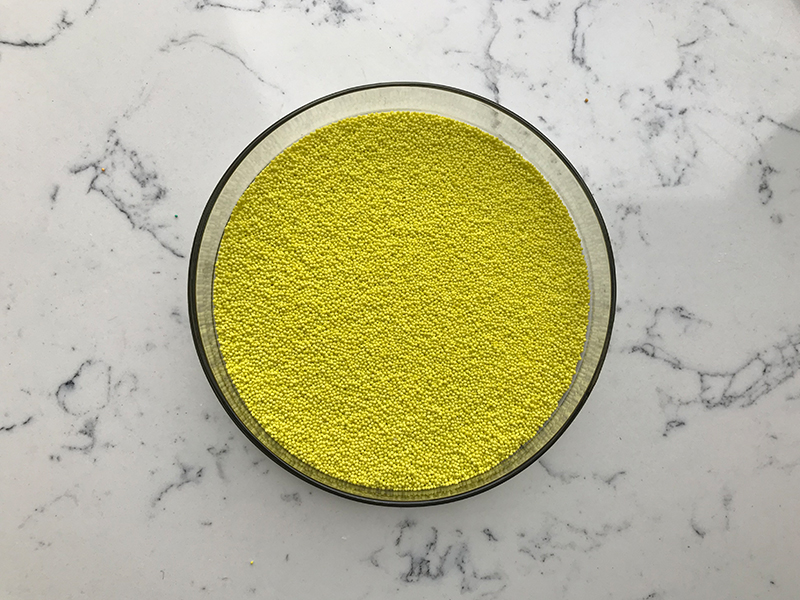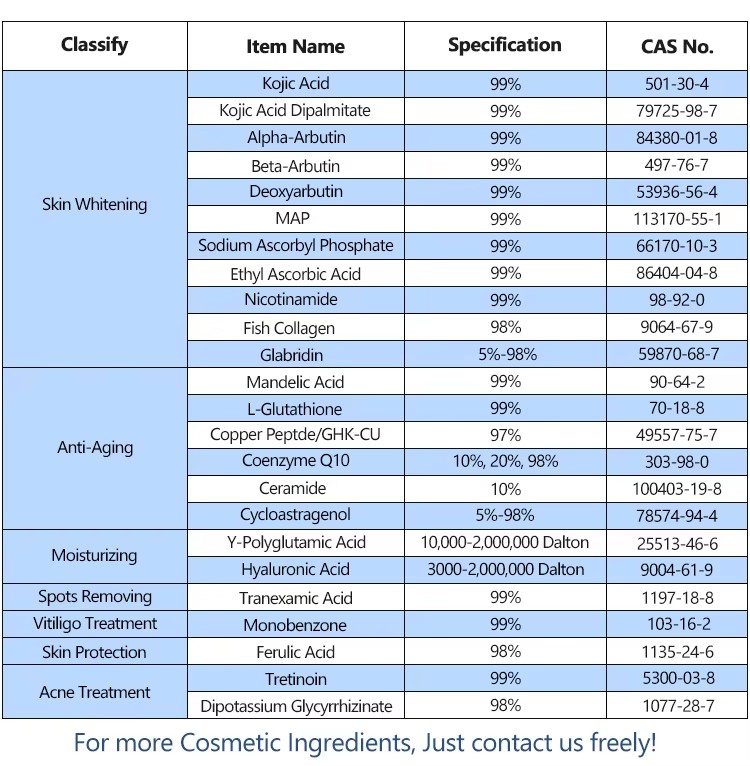Origin of Jojoba Beads
Jojoba beads are derived from the seeds of the jojoba plant (Simmondsia chinensis), which is native to the southwestern United States and northwestern Mexico. The plant has been used for centuries by Native American tribes for its oil and other beneficial properties. The modern development and commercialization of jojoba beads began in response to growing environmental concerns and the need for sustainable alternatives to plastic microbeads in personal care products.
Nature of Jojoba Beads
Jojoba beads are small, spherical particles made from hydrogenated jojoba oil. They are biodegradable, non-toxic, and environmentally friendly. The beads are used primarily in cosmetics and skincare products as exfoliants due to their gentle nature and ability to slough off dead skin cells without causing irritation. Jojoba beads can vary in size and color, depending on the specific product formulation and intended use.

Introduction of Jojoba Beads
The introduction of jojoba beads into the market was driven by the need to find an eco-friendly alternative to plastic microbeads, which were widely used in exfoliating products but were found to contribute significantly to microplastic pollution in oceans and waterways. Jojoba beads gained popularity in the early 2010s as consumers and manufacturers became more environmentally conscious.
Key Points in the History of Jojoba Beads
- Early Use: Indigenous peoples in North America used jojoba seeds and oil for various purposes, including skin care and medicinal applications.
- Commercialization of Jojoba Oil: In the 1970s, jojoba oil began to be commercially produced and marketed as a superior alternative to whale oil and other oils used in cosmetics.
- Development of Jojoba Beads: As the environmental impact of plastic microbeads became a concern, scientists and cosmetic companies looked for sustainable alternatives. Jojoba oil was hydrogenated to create solid, biodegradable beads.
- Legislation and Environmental Awareness: The microbead-free waters acts and similar legislation in various countries banned the use of plastic microbeads in personal care products, accelerating the adoption of alternatives like jojoba beads.
- Market Acceptance: Jojoba beads were quickly adopted by major skincare and cosmetic brands, and they remain a popular choice for eco-friendly exfoliation products.

Benefits of Jojoba Beads
- Biodegradability: Jojoba beads break down naturally and do not contribute to microplastic pollution.
- Gentle Exfoliation: They provide a mild exfoliation suitable for all skin types, including sensitive skin.
- Natural Origin: Made from natural jojoba oil, they are free from synthetic chemicals and additives.
- Sustainability: Jojoba plants are drought-resistant and can be grown sustainably in arid regions, making jojoba beads an eco-friendly choice.
Conclusion
Jojoba beads represent an excellent example of how natural, sustainable resources can be harnessed to address environmental issues while providing effective solutions in personal care and cosmetic products. Their origin from the jojoba plant and their development in response to environmental concerns highlight the importance of innovation and sustainability in the industry.
